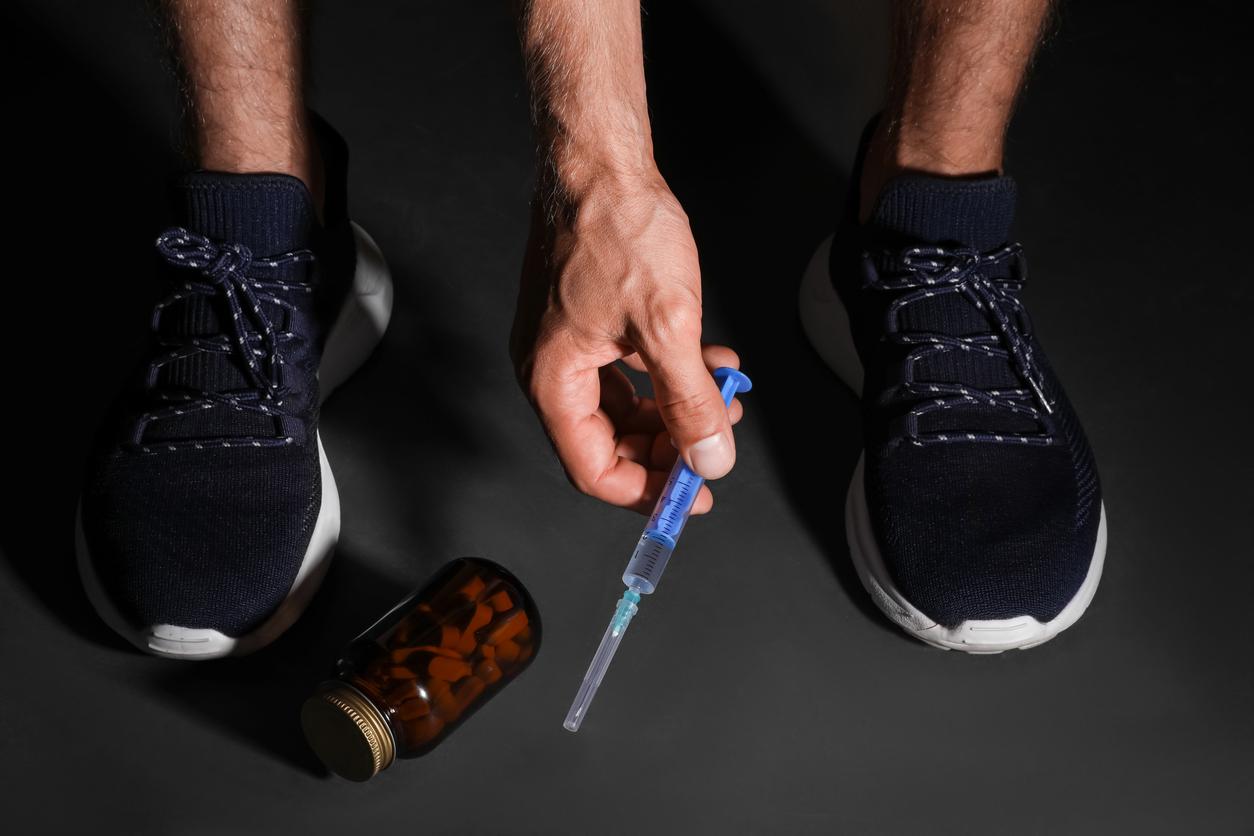A new study points to the link between taking performance-enhancing substances and criminal delinquency in young adults.

- By following 9,000 young adults who took part in a longitudinal study for 15 years, the researchers revealed a link between the intake of bodybuilding food supplements such as creatine and delinquency.
Are people who regularly consume performance-enhancing substances like creatine also more prone to criminal delinquency? In any case, this is the link established by a new longitudinal study published online in the journal Drug and Alcohol Dependence.
According to its authors, this is the first study to establish a link between taking a legal substance – creatine – and delinquency. Until now, this association had only been made in people taking anabolic androgenic steroids (AAS), a synthetic version of testosterone, the trade of which is illegal in France.
A link between creatine consumption and delinquency
Unlike anabolic steroids, creatine is legally sold commercially. It is a non-essential amino acid in the diet, naturally present in meat, poultry and fish, at a rate of approximately 5 g per kilo. When sold commercially, creatine is a synthetic derivative in the form of soluble or semi-soluble powder, tablets, wafers or liquid form. Very popular with bodybuilding enthusiasts, creatine slightly improves the muscle mass/fat mass ratio when training, and boosts physical performance.
For the purposes of the study, the researchers analyzed a sample of more than 9,000 American participants from the National Longitudinal Study of Adolescent Health (Add Health). These participants were followed for a period of 15 years. The results show that the use of substances to improve physical performance was prospectively associated with criminal delinquency during adult and middle age.
“This is the first study to identify relationships between the legal use of performance-enhancing substances and criminal delinquency, explains Kyle T. Ganson, assistant professor at the Factor-Inwentash Faculty of Social Work at the University of Toronto (Canada) and lead author. This finding is all the more important as these substances are easily accessible and commonly used, especially among young people.”
Adapting prevention to reduce consumption and delinquency
For the authors, these results underscore the importance for clinical professionals of screening for the use of performance-enhancing substances and assessing patterns of criminal delinquency in young people. “We need more research to identify effective prevention and intervention techniques to ensure that we reduce the use of these substances, as well as reduce any link to criminal offending”says Jason M. Nagata, assistant professor in the department of pediatrics at the University of California, San Francisco, and co-author of the study.
“The associations found in this study are likely explained by an intersection of behavioral, psychological, and sociocultural influences, continues Professor Ganson. So we need to target this issue from a multitude of angles, including clinically and through public health and policy interventions.”
.
















